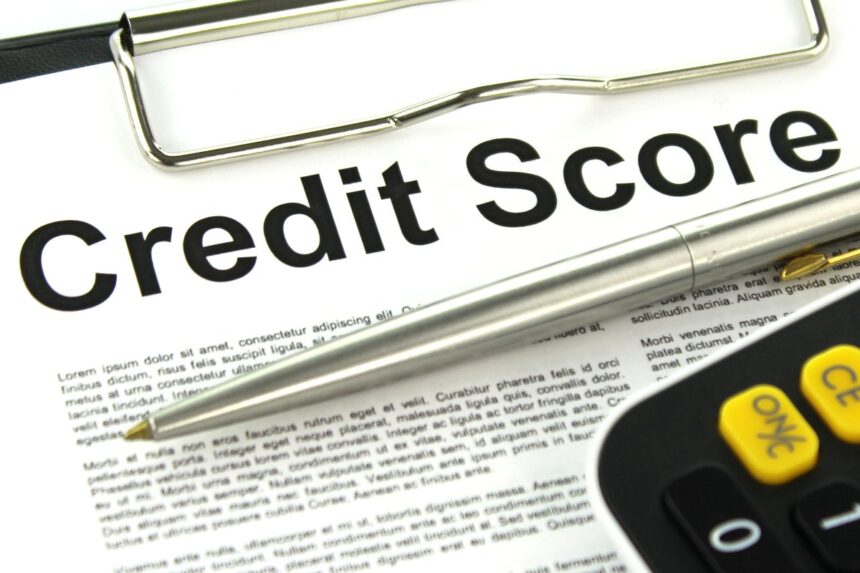How To Repair Your Credit and Improve Your Financial Future
Having a good credit score is an important way to obtain the money you need when you need it. A good credit score will open doors to loans, savings, and even certain rental opportunities. Unfortunately, if you’ve gotten behind on payments, made late payments, or been hit with too many charges (such as credit cards late fees, collection accounts, etc.), your credit score can be negatively impacted in the long run. But, this doesn’t mean that it’s too late to fix your credit and start improving your financial future. Here are some helpful tips on how to repair your credit and get back on the path to financial wellness.
Check Your Credit Report
The first thing you should do is to check your credit report. Your credit report is a detailed account of any and all financial activity that is reported to the credit bureaus. It is important to check your credit report regularly to make sure that your information is up-to-date and accurate. You’re entitled to one free credit report from each of the three major consumer reporting agencies every year. You can access your credit report at any time by visiting www.annualcreditreport.com. If you find any errors on your credit report, contact the credit bureau and report the mistakes right away.
Create a Budget and Spend Responsibly
Once you’ve reviewed your credit report, it’s time to create a budget and start spending responsibly. A budget will help you to keep track of your expenses and income to ensure that your finances remain in check. It also shows lenders that you are a responsible borrower. Stick to your budget and live within your means to avoid getting into more debt. And if you do find yourself in a financial pinch, it’s important to address it as soon as possible.
Pay Off Your Debts
The next step to repairing your credit is to pay off your debts. Start with your highest interest rate debts first and work your way down. Make sure to pay the minimum payments on all of your debts and don’t skip payments. This will help you to improve your credit score over time. You can also contact your creditors to set up a repayment plan or negotiate a lower interest rate. Finally, if you are having difficulty making your payments on time, consider consolidating your debts so that you can have one monthly payment to manage.
Rebuild Your Credit
Once you’ve paid off your debt, it’s time to start rebuilding your credit. You can do this by obtaining a secured credit card, which requires a cash deposit as collateral. Additionally, you can also apply for a retail credit card, which is easier to obtain and usually offers more attractive rates. The key is to use your credit responsibly and make all payments on-time. This will show the credit bureaus that you are a responsible borrower and gradually improve your credit score over time.
Conclusion
Repairing your credit can seem like a daunting task, but it doesn’t have to be. With a little patience and discipline, you can get your credit back on track and improve your financial future. So, start by checking your credit report, create a budget, pay off your debts, and then rebuild your credit. Doing so can help you to ensure that you are making the financial decisions that will best serve you for the long-term.

